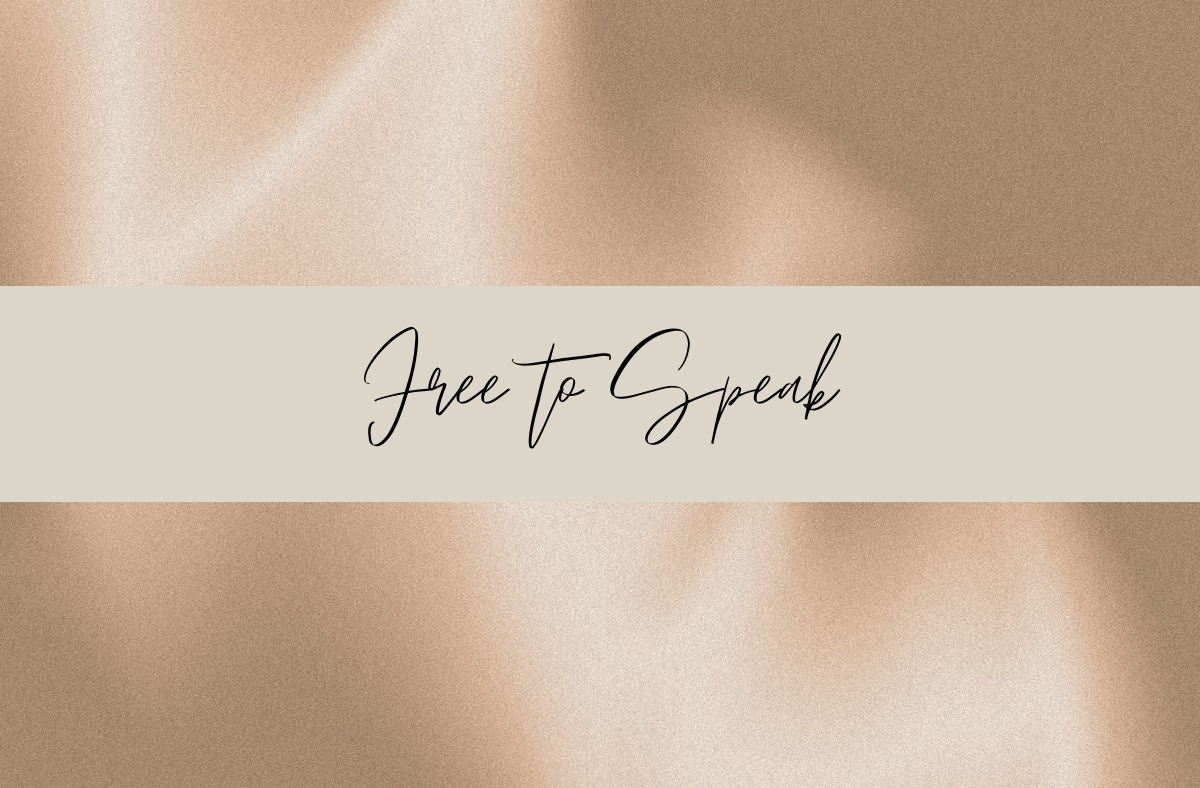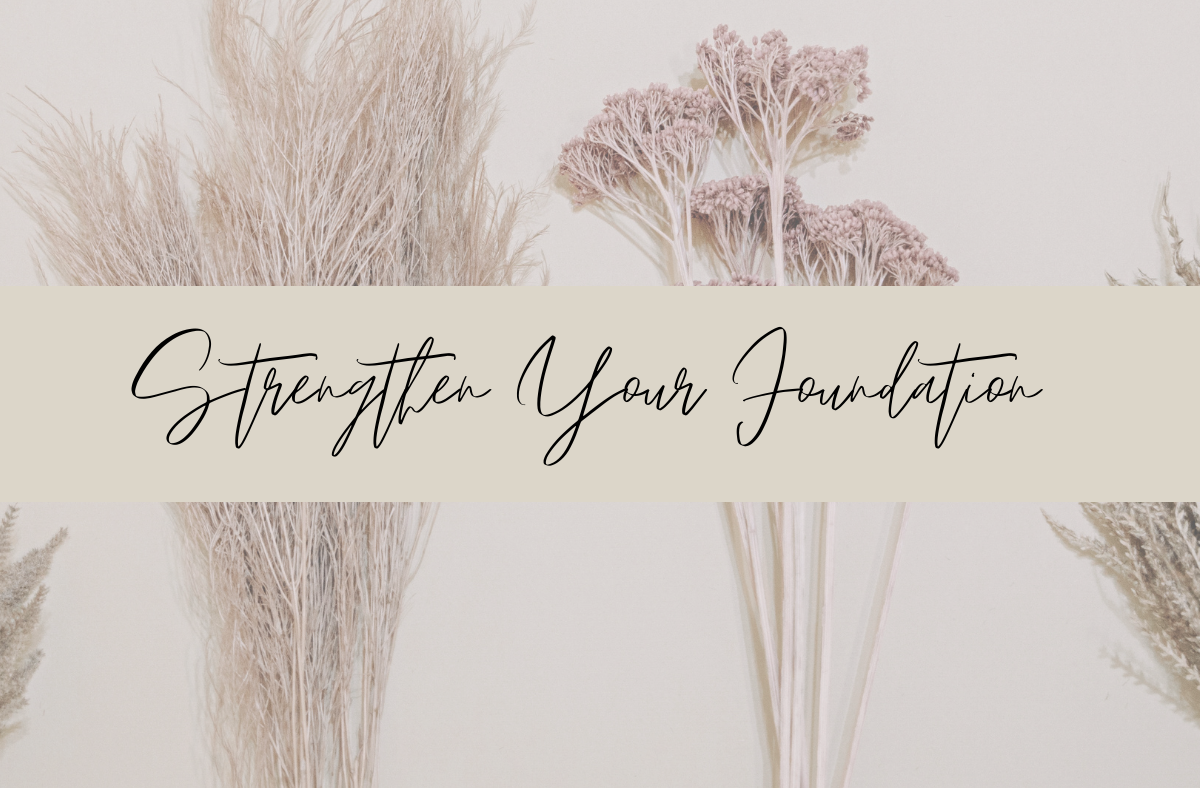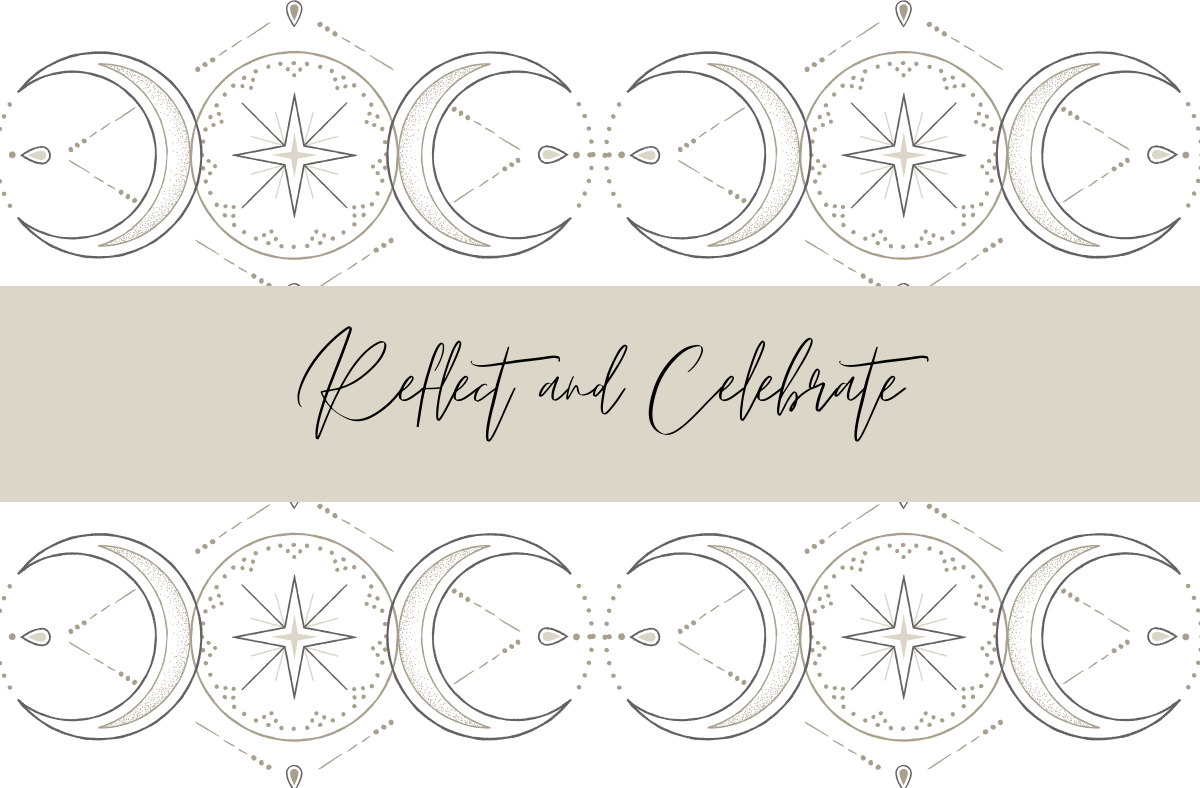
The Author Wants You to Know...
Name: Georgia Holliday
She/Her
AuDHD and Chronic Illness Content Creator, Awareness & Advocacy
Instagram: @georgiaholliday_

"Had I not ‘self-diagnosed’ with ADHD and autism, I may not still be here today..."
During the pandemic I did what everyone did and downloaded TikTok. This led me down a lot of self-realisation rabbit holes and made me deeply question my reality and who I was. After months of scrolling and ah-ha moments I realised not only was I bisexual, but I also had ADHD (and a few short months later I would come to realise I was also autistic). At this point I was not clinically diagnosed but I knew in my soul these labels matched my lived experience, scarily well. So, I (nervously) began to self-identify and ‘come out’ to people in my life that I wanted to share this with.
Alongside therapy, I started posting my lived experience on TikTok to process everything I was learning about myself and connect with other people in the neurodivergent community, so I didn’t feel so alone. Somehow my account quickly gained traction and I built a big following. This meant I also came up against backlash, mainly from neurotypical and allistic people, saying self-diagnosis was not valid. At first this was hugely detrimental to my mental health and made me question everything I thought I had privately figured out about myself (hello RSD). But I recovered (through more therapy) and it made me even more passionate about advocating for the validity of self-diagnosis because in my experience it was self-preservation.
Had I not ‘self-diagnosed’ with ADHD and autism, I may not still be here today. Prior to this revelation I had spent my whole life thinking there was something wrong with me and that I didn’t fit into this world. There were many times where I wanted to fall asleep and not wake up because I couldn’t handle living in a world where everyone seemed to have a ‘how-to’ guide, except me. It was draining and I was exhausted trying to live up to these neurotypical standards of existing.
People seem to think that when someone self-diagnoses it simply involves them watching one 15 second video on social media and then just whacking a trendy label on themselves to seem quirky and interesting. I used to be baffled by this and couldn’t understand why someone would assume this. However, in the past couple of years since my diagnosis I have seen how ableist the media is and believe they play a huge role in this common misconception. I have a very strong sense of justice and so this ridiculous notion and constant witch hunt of neurodivergent people within the media just fuelled my desire to advocate further for self-diagnosis and my community.
Being a white cis woman living in England I hold a fair amount of privilege. However, the misogyny within medicine is horrifying.
Women and other marginalised genders and races are often not taken seriously when they go to their doctor seeking advice and help. They are often turned away and dismissed as being ‘dramatic’ and told to ‘get over it’. Women are medically gaslit time and time again by both male and female doctors making it almost impossible to be taken seriously in the first instance, let alone move forwards with an actual assessment or receive support. Studies for ADHD and autism were predominantly carried out on cis white boys, which means so many communities of marginalised people were simply missed; some of the most affected being black women, trans people and other people of colour. A report by charity ADHD UK found that during the screening process for ADHD ‘women and girls are more likely to be screened out than men or boys’ despite evidence in NICE guidelines clearly noting that women and girls are still under-diagnosed when it comes to ADHD (ADHD UK, 2023). The misogyny woven into the DNA of our medical system makes it exceedingly hard to even be referred for a clinical diagnosis in the first place, let alone actually get any help.
The DSM-5 (Diagnostic and Statistical Manual of Mental Disorders) for autism reads in a very dated way. Even the language used doesn’t feel relevant anymore or only applies to children rather than adults. For example, the word ‘deficit’ is frequently used in the DSM-5 for autism and as with most assessments the condition is assessed on how much it affects others rather than how it affects the individual themselves. So even if you internally relate with all the criteria, that doesn’t necessarily mean you will receive a diagnosis. Or worse, you may be misdiagnosed;
Women are more likely to be misdiagnosed with personality disorders such as borderline personality disorder or OCD when they may actually be autistic.
Not to mention, if you are a high masking autistic person this is not taken into consideration during clinical assessment as they are looking for the stereotyped representation (such as avoiding eye contact.)
In the UK, the NHS waiting list for an ADHD assessment can be up to two years long and one to three years long for an autism assessment. Waiting times vary so vastly in the UK that it points to a wildly flawed system with some waiting up to 12 weeks and others up to 550 weeks (ADHDUK, 2023). That is a long time to wait without answers or support, when you are experiencing sometimes debilitating symptoms and traits. This is why self-diagnosis can be lifesaving, because some people may not even have access to get on a waiting list, depending on where you are in the world. If someone wanted to seek a clinical diagnosis for their ADHD (one reason for this being access to medication) self-diagnosing in that gap whilst you wait can be life altering. You can begin to make accommodations, learn about yourself and your needs and start to tackle some of the built-up shame from a lifetime of both ableism from society and internalised ableism.
In the UK it can cost hundreds if not thousands of pounds to get a private assessment (Harley Psychiatrists, 2024) and in America it can be up to $5,000 to get an assessment for autism (Wei, S., 2022). This is clearly inaccessible to many people. Most people do not have that kind of disposable income to throw at an assessment where they will likely feel very uncomfortable, infantilised and have the possibility of being misdiagnosed.
Self-diagnosing myself before I got my clinical ADHD diagnosis and self-diagnosing my autism has saved my life. I recognised, ‘oh, okay, I'm not less, I'm not broken, I'm not wrong, my brain literally works differently, and this world is not accessible for me’. It's a transformative (and overwhelming) feeling to realise that the problem does not lie within you but within the ableist world and society that does not cater for any brains that diverge from neuro-normativity.
When you self-diagnose or self-identify as some prefer to call it, you can begin to accommodate yourself, advocate for your needs and live with more compassion, grace and kindness towards yourself.
So, in conclusion, self-diagnosis is completely, 100%, entirely valid and something accepted by much of the neurodivergent community itself. If I had not self-diagnosed, it would not have led to my clinical ADHD diagnosis. It would not have led to me understanding myself better and accommodating myself. So, it really is a case of preservation, of looking after yourself and valuing your health enough to stay alive in a world that feels like it has been purposely built to exclude you.
If you self-diagnose with something and then later down the line you realise you were mistaken, there is no harm in that. You haven’t taken resources away from clinically diagnosed autistics or ADHDers. You've learned more about yourself and if you’ve been researching and exploring ADHD and autism and it turns out not to be, it’s highly likely you are something else under that neurodivergent umbrella. Because, and here’s the kicker, neurotypical people do not spend months or even years researching and wondering if they're autistic or ADHD. You are the professional when it comes to your own lived experience, don’t let anyone tell you otherwise.
References
ADHD UK (2023), ADHD UK’S report into NHS ADHD Assessment Waiting Lists: October 2023: https://adhduk.co.uk/nhs-adhd-assessments-waiting-lists-report/
Harley Psychiatrists, (2024): https://harleypsychiatrists.co.uk/psychiatrist-appointment-fees/
Wei, S., (2022), Autism Screening Cost Without Insurance: https://www.talktomira.com/post/how-much-does-an-autism-screening-cost-without-insurance

If you enjoyed this article, why not read...
Your online magazine showcasing a collection of personal stories intended to empower, inspire & celebrate. If you've enjoyed reading...
Celebration of Self Magazine is property of WAGMAG LTD 2023


